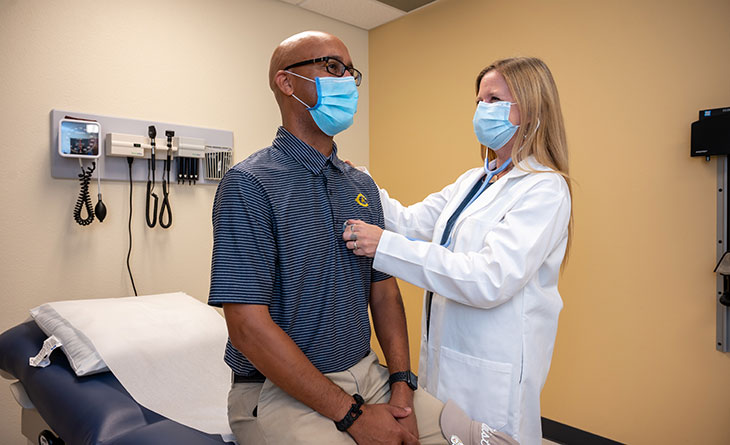
Imagine walking into a doctor’s office. You’re not feeling well and you’re anxious. Your primary care provider – your trusted health advisor – listens, asks questions, and examines you. Then, she leans back, pondering your symptoms. Something is off, she decides, something beyond her expertise. She mentions a specialist, a colleague she trusts. Suddenly, you have a team on your side – your houston tx primary care provider and a specialist, both working together to figure out what’s wrong, to get you back on your feet. That’s the power of collaboration. That’s what we’re exploring today.
The Importance of Collaboration
Think of a football team. There’s the quarterback, the wide receiver, the defensive lineman. Each one has a unique role, and they all work together to win the game. That’s what healthcare should be like. Your primary care provider should be the quarterback, calling the plays. The specialists are the other team members, each playing their part.
When Collaboration Works Best
Remember the polio epidemic? Back in the 1950s, it was a nightmare. But then, scientists and doctors came together. They collaborated. They shared ideas and research. And they found a vaccine. That’s what collaboration can do. It can change the world.
Barriers to Collaboration
So why isn’t everyone doing it? Three reasons – lack of communication, different priorities, and office politics. These hurdles can make collaboration tough. But they’re not insurmountable. With the right tools and attitudes, collaboration can become the norm.
Overcoming the Barriers
So how do we do that? Here are three ways:
- Improve Communication: Regular meetings, shared electronic health records, and other communication tools can keep everyone on the same page.
- Align Priorities: Everyone needs to agree on the goal – the patient’s health. That should be the number one priority, always.
- Tackle Office Politics: This is harder, but not impossible. A culture of respect, mutual understanding, and shared decision-making can help.
The Future of Healthcare
The future of healthcare isn’t in isolation. It’s in collaboration. It’s in primary care providers and specialists working together, like that football team, to win the game. And the game, in this case, is the patient’s health. That’s the future we’re working towards. That’s the future we believe in.